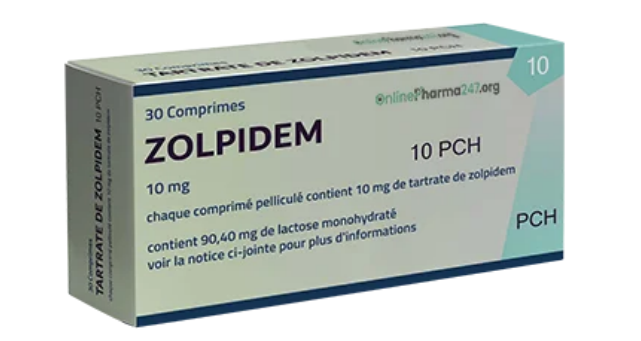Originating in Conventional Chinese Medicine (TCM), acupuncture — a deep rooted strategy — has been increasingly acknowledged in contemporary medicine for its ability to treat several clinical disorders. Acupuncture points — that is, tiny needles placed at designated body sites — are used in this way to deal with induce healing and pain help. Acupuncture has of late been famous in the field of post-usable recovery and pain management since it provides patients with an elective technique to conventional treatments.
Dealing with Post-Surgery Recovery Difficulties
Recovering from surgery is sometimes a muddled and troublesome process. Patients frequently return to regular activities hampered by pain, edema, and restricted versatility. Ordinary painkillers include opioids and different drugs convey a ton of possible adverse effects including gastrointestinal problems and reliance. Many individuals and clinical professionals have thus taken a gander at elective therapies such acupuncture to lessen post-employable pain and hasten a more agreeable, speedy recovery.
Acupuncture for Pain Help: Mechanisms
Acupuncture is believed to be compelling in pain management through many processes acting on various levels. According to one main hypothesis, acupuncture activates the neurological system, which releases endorphins — the body’s own painkillers. Acupuncture could also influence the autonomic nervous system, accordingly lowering inflammation and encouraging rest. Acupuncture offers a total way to deal with pain management by treating the psychological as well as the physical components of discomfort, so it is a desirable decision for post-usable treatment.
The Part Acupuncture Plays in Reducing Post-Surgical Pain
Acupuncture has been viewed in studies as a useful instrument in lowering post-surgical pain. Acupuncture patients as often as possible report less pain, less requirement for painkillers, and an overall improvement as far as they can tell. Targeting certain pain sites and activating the body’s normal healing mechanisms makes acupuncture an incredible assistant to post-employable recovery strategies. Besides, acupuncture’s harmless person allows patients to seek treatments with generally safe and discomfort.
Improving the Healing Process with Acupuncture
Acupuncture has been shown to work on the general healing process after surgery, past just pain management. Acupuncture accelerates tissue healing and lowers the development of scar tissue by enhancing blood dissemination and in this manner lowering inflammation. Faster twisted healing and a more seamless recovery period follow from this. Additionally, the force of acupuncture to induce unwinding and lower tension helps the insusceptible system of the body, in this way supporting its healing limit.
Managing Post-Surgical Complications Using Acupuncture
Sometimes problems such nausea, vomiting, and sleeplessness can hinder post-surgical restoration. Offering patients a characteristic and medication free other option, acupuncture has been demonstrated to be successful in controlling these problems. For normal side effects of anesthesia and some painkillers, post-usable nausea and vomiting, for instance, acupuncture can help. Likewise, the relaxing properties of acupuncture help to improve the nature of sleep consequently enabling patients to rest and recuperate all the more successfully.
Acupuncture as Correlative Treatment for Pain Management
Despite the fact that acupuncture is very successful all alone, it is sometimes used as a complementing treatment alongside additional conventional painkillers. Including acupuncture into an exhaustive pain management strategy lets patients gain from several techniques, thus perhaps lowering their requirement for drugs and adverse consequences. Medical services professionals that understand the need of mixing traditional and elective treatments for best tolerant outcomes are finding this integrated methodology rather appealing.
Individual Stories and Patient Experiences
Acupuncture has been accounted for by numerous patients as a feature of their way of post-usable pain control and recovery. These success tales usually show the extraordinary decrease in pain, greater portability, and better broad prosperity that acupuncture might offer. Because practitioners of acupuncture can customize the sessions to meet the specific needs and issues of each and every patient, patients esteem the individualized person of the treatments. These genuine encounters feature the possible advantages of acupuncture in post-usable treatment.
Conclusion:
Acupuncture is becoming a useful strategy in post-employable recovery and pain management as additional individuals search for complete and normal solutions to medical services. For individuals wishing to increase their existing treatment regimens, its ability to offer effective pain alleviation, work on healing, and handle post-surgical complications merits cautious idea. Acupuncture presents a decent street toward a more agreeable and successful recovery whether utilized as a stand-alone treatment or working together with other pain management techniques. Visit docblackstoneacupuncture.com for additional information and individualized exhortation to find out more about how acupuncture could work on your post-employable recovery.




